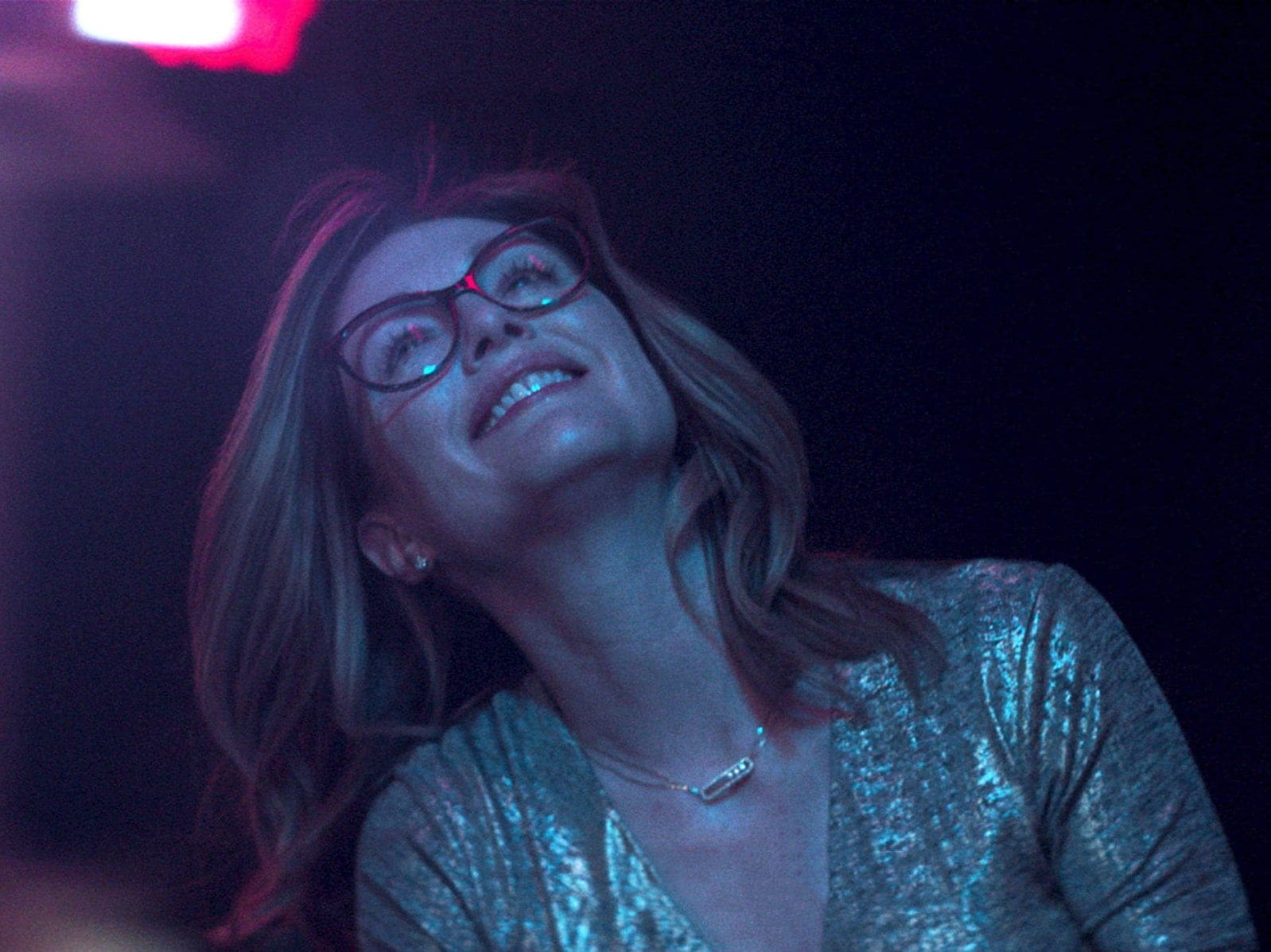
Take a look at the roles that earned Julianne Moore an Oscar nomination. She’s been a drug-addicted porn star trying to get custody of her son, a depressed housewife who plans on abandoning her son, a woman in an unhappy marriage contemplating an affair with her groundskeeper, and a woman actually having a melodramatic affair. The part that won her an Oscar? Why, she played a professor diagnosed with early-onset Alzheimers. This is not a woman known for her comedic work – in fact, many of her most critically maligned performances found her going for laughs.
But Gloria Bell marks an important entry in her filmography – she’s funny. There’s a lot more to Gloria Bell than just the laughs but, as it stands, it’s an early contender for the year’s best comedy. From beginning to end, this movie is a ball.
In Gloria Bell, Sebastián Lelio remakes his Chilean dramadey Gloria, moving the action to LA but keeping the core story the same. The titular character, here played by Moore, is a divorced 50-something-year-old woman who takes to the dance clubs in an effort to figure out what she wants to do with the second act of her life. She has two kids (Michael Cera and Caren Pistorius) that love her but have fully moved on to their own worlds, and while her relationship with her ex (Brad Garrett) is good, it bothers her that she’s alone and he’s already moved on (with Jeanne Tripplehorn who uses a weed vape and it’s awesome).
Things start to change, however, when she meets another divorced 50-something named Arnold (Jon Turturro), and their romance takes up a large part of the film’s first act. These sequences are lovely and gentle, reminiscent of Nicole Holofcener’s exemplary Enough Said, but with a bit more raw sexuality. Moore and Turturro have terrific chemistry, and there is a sense of realism to their romance that is undeniably seductive, so much so that audiences (like the film’s heroine) choose to ignore the obvious red flags.
But it’s once those warning signs become too much to ignore that Gloria Bell becomes something truly special. Without getting into spoiler territory, the film becomes a really joyful celebration of life, warts and all. This is a film that could become quite sad, but Lelio fills it all with such intense life that it stays fun and only occasionally bittersweet. While the movie’s second act is episodic in nature, almost to the point where the pacing becomes a problem, the movie’s immense charm makes it work, right up until a genuinely cathartic ending and the absolute best use of “Total Eclipse of the Heart” ever put to film—which is no small task.
It almost feels like an understatement to say that Julianne Moore is the reason the film works. This is a lovely performance, and one that is deceptively challenging. The film only works if audiences care about Gloria, and she wins them over so fast that it almost seems effortless. For someone who is known for her dramatic work, it’s pretty remarkable to see how consistently Moore kills every comedic beat. And this is a fully lived-in performance, with Moore completely giving herself over to this titular part and almost disappearing into the role. Much like Charlize Theron in last year’s Tully, Moore manages to show that a comedic performance can be just as complex and thoroughly developed as those found in dramas.
Yes, Moore scored some laughs in The Big Lebowski – but in that film, she’s playing a cartoon. In Gloria Bell, she is playing someone that not just resembles, but actually feels like a human being. Even better: Lelio mines rich drama and tension from decidedly realistic conflicts found in most relationships, and peppers in jokes that feel like they could actually happen in real life. It’s a stunning and warm film that feels destined to become comfort food for viewers on rainy days for years to come.
Rating: 8/10

